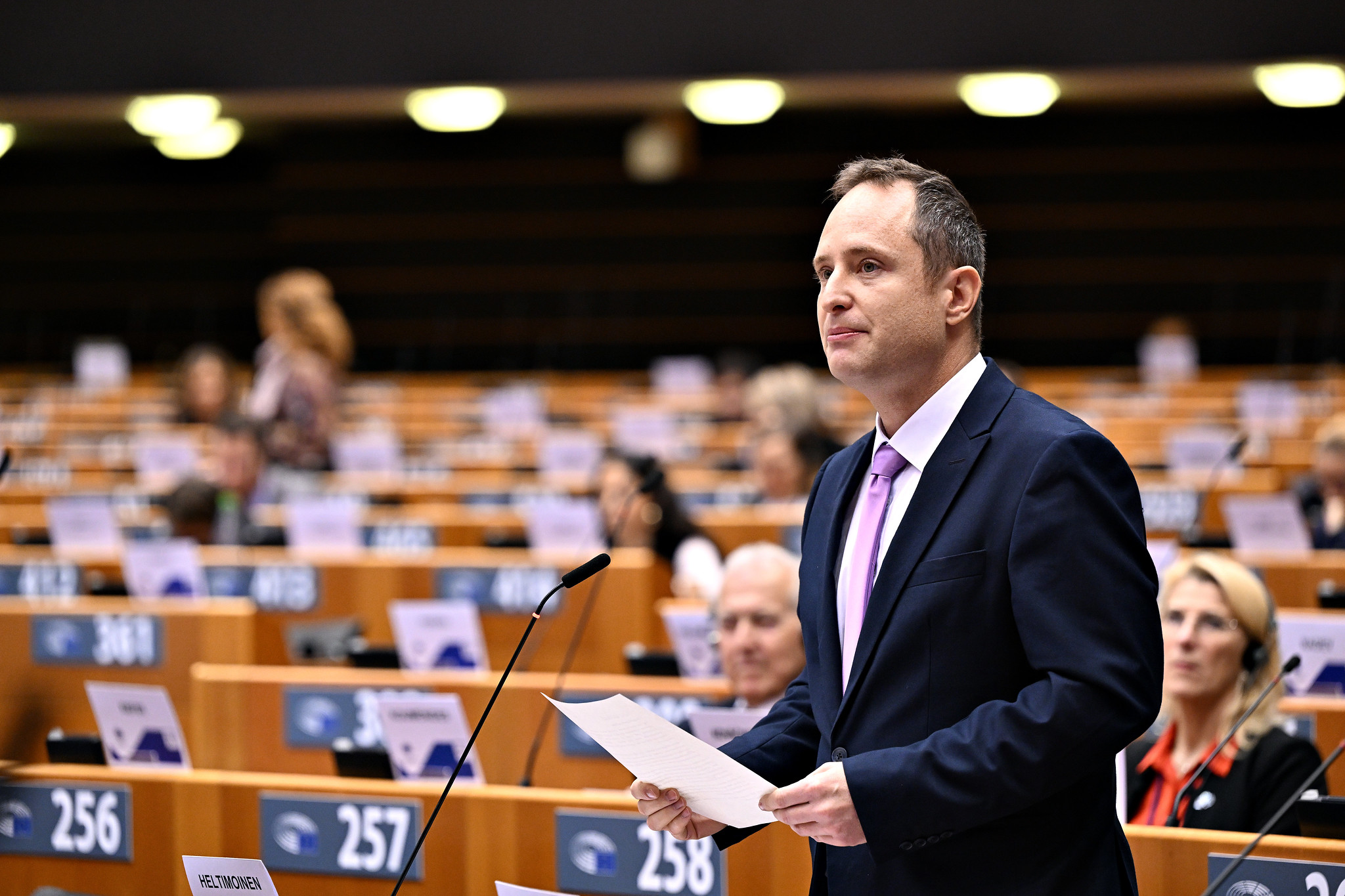Manchester, England
“We’ve now… established a new system of governance outside of Westminster” said Andy Burnham, the Mayor of Greater Manchester.
This came on a recent podcast from The New Statesman, where Burnham discussed his drive for a greater devolution of powers in the UK.
This comes as many in the UK are looking ahead to the next elections, which at the latest still remain more than a year off in January 2025.
While many things can change in politics many predict a huge Labour win, likening it to the landslide that brought Tony Power into power in 1997.
“I actually think ’24 could actually be a better moment than ’97”, Burnham told his host.
He acknowledged that while economic and political conditions weren’t as good as the 90s, he said two things would work in a Labour government’s favour.
While one was that the public would have more “realistic expectations” of Labour than it did in 1997, for Burnham the real change was that the new government could bring “a new infrastructure, across the country, to deliver [policy and services] in the regions.”
He said that whereas the Blair government had to start building the governmental infrastructure for devolved government, the difference this time was that new government could effectively continue with this work.
This comes after the Labour Party, under leader Keir Starmer, tasked former Prime Minister Gordon Brown with constitutional review of the United Kingdom.
Gordon Brown’s sweeping proposals for Labour’s devolution plans aim to address regional inequality and reshape the UK.
The recommendations include federal democratic reform of the House of Lords and significant economic powers devolution to communities. Brown highlights the UK’s excessive centralization, concentrating fiscal power in London, resulting in regional disparities.
Some have pointed out that trust in central government declines as communities move away from Westminster.
Brown suggested safeguarding devolution through a new constitution, protecting against potential opposition from regional politicians. The report emphasizes the role of the state in shaping the economy, especially after challenges like Covid-19 exposed the competence of local governance.
The proposals include banning second jobs for MPs, strengthening the Electoral Commission, and extending devolution to English regions and increasing it in the parliaments of Scotland, Wales, and Northern Ireland.
While there are some doubts over whether Starmer himself, or Southern English voters would be willing to cede more powers and resources, for Burnham it is absolutely necessary as he believes the current political system is too centralised.
“In any one time… I don’t think any more than 50 people run this country”, Burnham said, citing his own experience in Westminster and the current scandal with the UK’s COVID inquiry.
“I would say that’s a dysfunctional way to run a country like ours”.
He endorsed Brown’s constitutional reform recommendations, saying that the “rewiring of Britain is now urgent”.
While Burnham emphasised that he and the other regional leaders of Labour in Scotland and Wales were behind Starmer, it remains to be seen if the regions of UK won’t continue to push for more powers.





